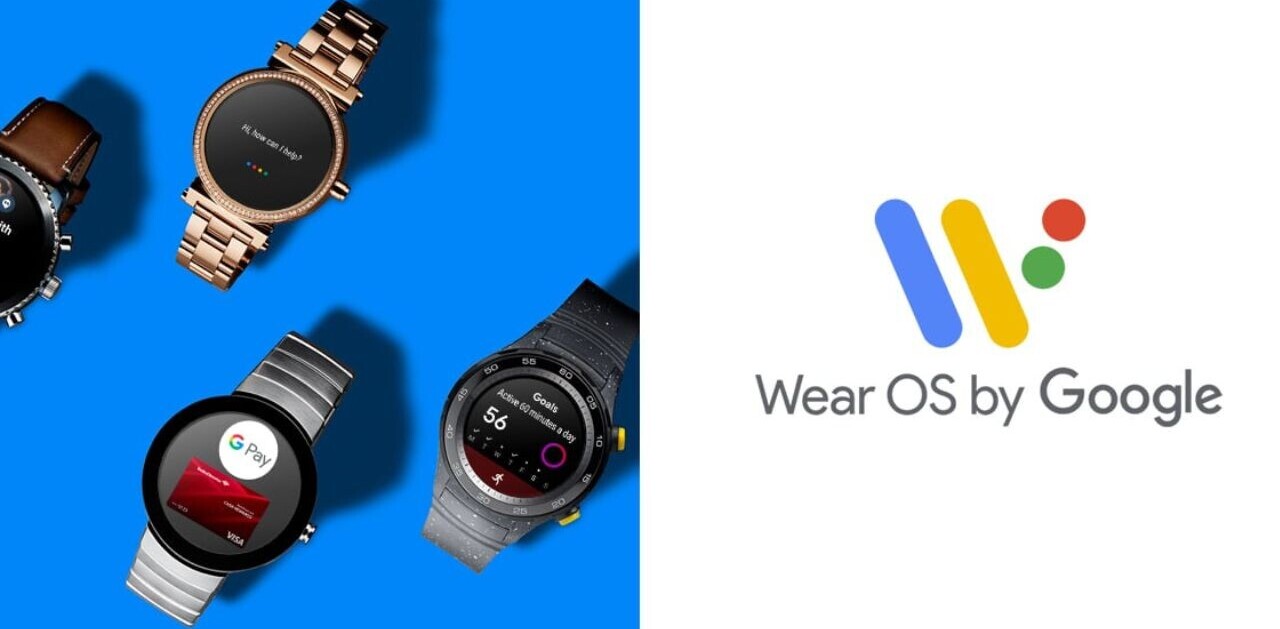
Supporters of HTML5 for mobile were dealt a significant blow when Facebook u-turned and began developing native apps last year. Now another company is hedging its bets after accounting software maker Xero gave up on Web apps for mobile claiming that the development was resource intensive and difficult.
Xero’s tone is softer than that of Facebook — founder and CEO Mark Zuckerberg said famously said “betting completely on HTML5 is one of the, if not the biggest strategic mistake we’ve made” — although the Xero blog post is titled ‘Making mobile work’, which inherently suggests that Web apps don’t work.
The company explains that, though it will continue to use HTML5 for its core app, forgoing the traditional route of native iOS and Android apps has not been the success story that it anticipated when it made the decision one year ago.
Like The Atlantic, the company worked with Sencha‘s development tools to build its apps. Sencha drew a lot of attention to HTML5 after it produced ‘Fastbook’, a technology proof of concept to show Facebook working in HTLM5 in response to Zuckerberg’s comments.
The general view from Xero is that native apps are a better option for companies with limited resources, while it also questions whether there is any major benefit from an HTML5 app over a native app. Here are some excerpts from the blog post.
Iterating at speed was increasingly difficult:
We do not regret this choice [to develop Web apps] – but we’ve found that building a complicated mobile application in HTML5 has been hard. Even with frameworks as amazing as Sencha Touch, we’ve found the ability to iterate as fast as we would like has become harder as our application has become more complex.
HTML5 required greater cost and time than native apps:
Our view is that HTML5 technologies can deliver as-good-as-native experiences…but the lesson from Fastbook is that it’s hard work – you don’t get those experiences out-of-the-box. And the lesson we’ve learnt over the last 12 months has been that the cost in time, effort and testing to bring an HTML5 application to a native level of performance seems to be far greater than if the application was built with native technologies from the get-go.
Native apps are more capable than Web apps:
Maintaining and iterating a web app was becoming a big impediment – so the next release of Xero Touch will be built with native technologies and we’ve already made a lot of progress. It does feel better.
The debate is sure to continue but Xero’s comments are interesting, and they also mean that it is hiring. Having already brought in an iOS engineer, it is now on the hunt for a senior Android developer.
Headline image via glenbledsoe / Flickr
Get the TNW newsletter
Get the most important tech news in your inbox each week.




